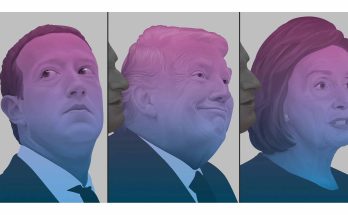“Digital Books wear out faster than Physical Books”
Internet Archive Blogs, November 15, 2022
News
By Brewster Kahle
“Mega-publishers are saying electronic books do not wear out, but this is not true at all.”
Ever try to read a physical book passed down in your family from 100 years ago? Probably worked well. Ever try reading an ebook you paid for 10 years ago? Probably a different experience. From the leasing business model of mega publishers to physical device evolution to format obsolescence, digital books are fragile and threatened.
For those of us tending libraries of digitized and born-digital books, we know that they need constant maintenance—reprocessing, reformatting, re-invigorating or they will not be readable or read. Fortunately this is what libraries do (if they are not sued to stop it). Publishers try to introduce new ideas into the public sphere. Libraries acquire these and keep them alive for generations to come.
About the Author:
Brewster Kahle, Founder & Digital Librarian, Internet Archive – A passionate advocate for public Internet access and a successful entrepreneur, Brewster Kahle has spent his career intent on a singular focus: providing Universal Access to All Knowledge. He is the founder and Digital Librarian of the Internet Archive, one of the largest libraries in the world. Soon after graduating from the Massachusetts Institute of Technology where he studied artificial intelligence, Kahle helped found the company Thinking Machines, a parallel supercomputer maker. In 1989, Kahle created the Internet’s first publishing system called Wide Area Information Server (WAIS), later selling the company to AOL. In 1996, Kahle co-founded Alexa Internet, which helps catalog the Web, selling it to Amazon.com in 1999. The Internet Archive, which he founded in 1996, now preserves 20 petabytes of data – the books, Web pages, music, television, and software of our cultural heritage, working with more than 400 library and university partners to create a digital library, accessible to all.






